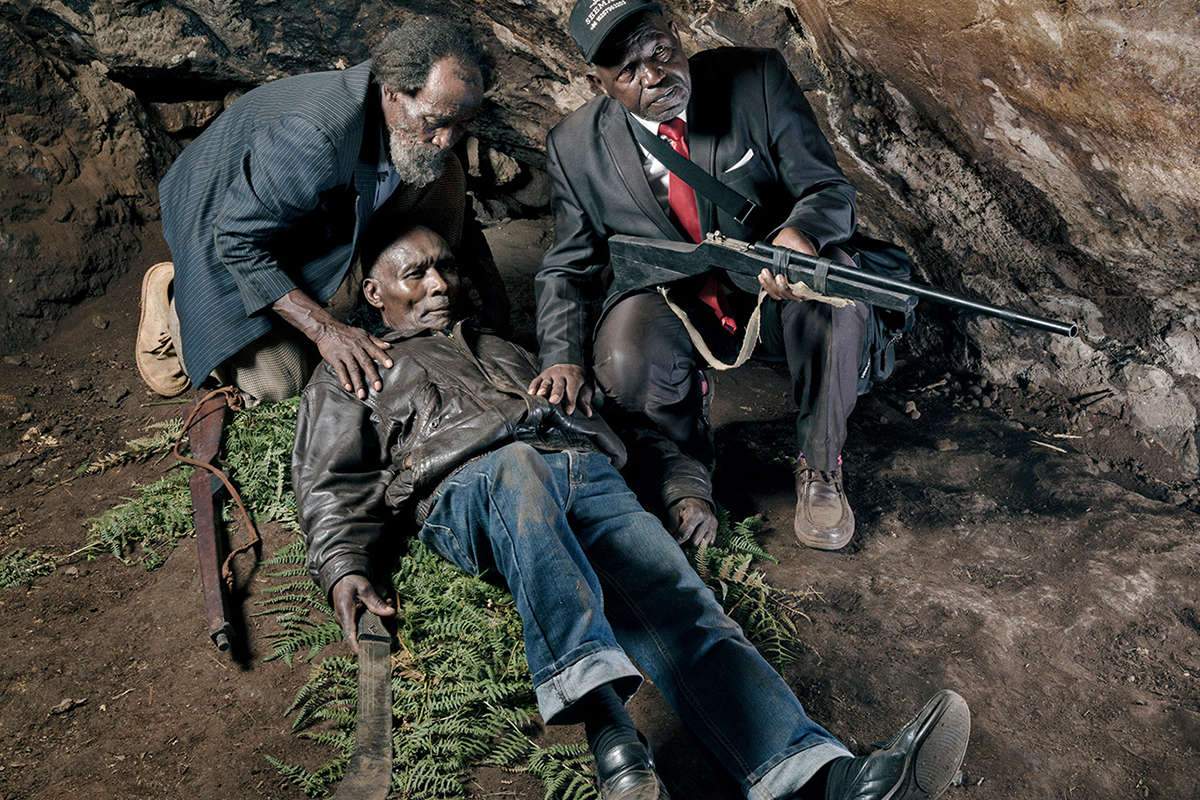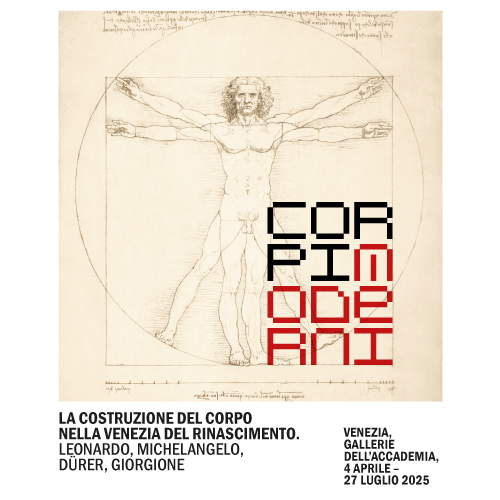Photo exhibition in Turin on the horror of the Kenyan war
EXPOSED Torino Foto Festival presents from April 10 to June 2 in the spaces of Turin ’s Palazzo Madama presents the exhibition State of Emergency - Harakati za Mau Mau kwa Haki, Usawa na Ardhi Yetu, curated by Salvatore Vitale and created by photographer Max Pinckers in collaboration with Mau Mau veterans and Kenyan survivors of war atrocities. This is the first exhibition dedicated to the project, and its historical importance anticipates the richness of the festival’s program, which from May 2 to June 2 brings to the city some of the most interesting examples of international photographic research. State of Emergency - Harakati za Mau Mau kwa Haki, Usawa na Ardhi Yetu is a documentary project that is still ongoing creates a new visualization of the struggle for independence from British colonial rule that took place in the 1950s and aims to speak to a future audience. The project weaves together archives, photographs of architectural and symbolic remnants of the past, mass grave sites, demonstrations, and testimonies of those who lived through and survived the war. With colonial archives deliberately destroyed. In 2014, Max Pinckers was invited to the Archive of Modern Conflict in London, where he came across a collection of British propaganda material from the 1950s relating to the Mau Mau emergency in Kenya, which became the starting point of a long research into one of the most violent episodes in British colonial history.
During the British colonial period (1885-1963), the Mau Mau emerged as a freedom movement in response to foreign rule in Kenya, although British propaganda portrayed the Mau Mau as savage criminals, less well known was the Empire’s brutal response to the uprising. Between 1952 and 1960, the colonial administration established more than a hundred detention camps, torture sites and resettlement villages: the Kikuyu were deprived of their land, deported and tortured, while more than a thousand people were hanged on moving gallows. On the eve of independence in 1963, the colonial government also destroyed much of the documentation related to the uprising in Operation Legacy, attempting to conceal its misdeeds. After independence, the Kenyan government prohibited any mention of the Mau Mau until 2003. It was not until 2013 that the British government formally expressed regret for the abuses they had suffered, and a group of victims obtained compensation of about £20 million. The discovery of the Migrant Archives, a secret collection of thousands of documents detailing the torture and approval of British officials, has also emerged.
Reproductions of this colonial archive form the heart of State of Emergency - Harakati za Mau Mau kwa Haki, Usawa na Ardhi Yetu. The exhibition is an attempt at collaboration, reconstruction and new imagination of possible futures of reparation and reconciliation. With the collaboration of National Museums of Kenya, Kenya National Archives and Documentation, Nyeri Museum, Karatina University, members of the Mau Mau War Veterans Association of Kenya, Kenya Human Rights Commission, The National Archives (UK), Bristol Archives and Museums, the Archive of Modern Conflict, and the Flemish Government, the project provides a collective response aimed at healing, without erasing, the still open wounds of colonial violence, proposing a restorative tool that, through the medium of photography, tells the powerful the truth of those who lived it.
The exhibition is accompanied and complemented by a publication produced through a collaboration between Max Pinckers and the Mau Mau Veterans Association of Murang’a, Nanyuki and Mukurwe-ini, initiated under the leadership of the late National President Elijah Kinyua (aka General Bahati), with guidance and support from the National Museums of Kenya and Karatina University.
 |
| Photo exhibition in Turin on the horror of the Kenyan war |
Warning: the translation into English of the original Italian article was created using automatic tools. We undertake to review all articles, but we do not guarantee the total absence of inaccuracies in the translation due to the program. You can find the original by clicking on the ITA button. If you find any mistake,please contact us.





























